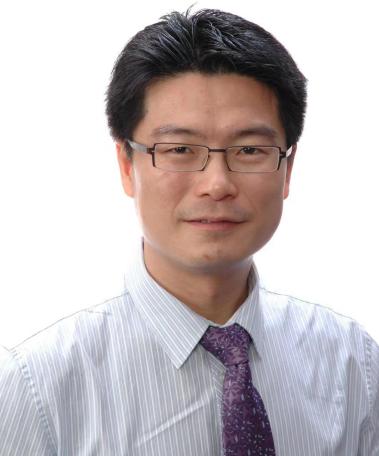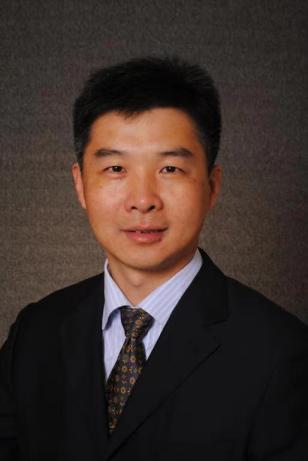Dr. Hany El Naggar, Ph.D., P.Eng., is a Professor of GeoStructural/Geotechnical Engineering at Dalhousie University with more than 25 years of experience in civil construction, geotechnical and structural engineering and research in Canada and overseas. He has participated in several geotechnical and structural investigations and is experienced in the analysis and design of foundations and soil- structure interaction of buried infrastructure. Dr. El Naggar and his research team have investigated the soil-structure interaction (SSI) effects around buried infrastructure; explored innovative use of tire derived aggregate (TDA) as a buffer zone to create stress arching and reduce demand on rigid culverts, proposed an earth pressure reduction system using geogrid reinforced platform bridging system to reduce stresses on buried utilities, and developed innovative “cellular” precast concrete pipe system. Also, He has developed a simplified technique to account for the group Effect in pile dynamics; and closed form solutions for the moments and thrusts in jointed and un-jointed composite tunnel lining systems, designed several foundation systems ranging from machine foundations subjected to dynamic loads to raft foundations for underground structure, as well as several tunnels and underground structures in Canada, Europe, Middle East, and the United States. The findings from Dr. El Naggar’s research have been reported in more than 130 technical publications covering both experimental and numerical work in the fields of soil-structure interaction, buried infrastructure and concrete pipes. Dr. El Naggar’s research work on the seismic performance of corrugated steel plate culverts led to changing the seismic provisions of the new version of the Canadian Highway Bridge Design Code (CHBDC, 2019) to include rigorous dynamic analysis for flexible buried structures in zones of high seismicity. Besides, his work on the modelling of rigid pipes is featured in the CHBDC (2019) as an example of the best practice in the modelling of buried concrete structures. Dr. El Naggar is the recipient of the 2016-2017 Outstanding Teaching Award from the Faculty of Engineering, Dalhousie University. In addition, he received the 2005-2006 Outstanding Teaching Award from the Department of Civil and Environmental Engineering at Western. Dr. El Naggar won the 2006 L. G. Soderman Award, the 2005 R.M. Quigley Award, and the 2004 Milos Novak Memorial Award.
Dr. El Naggar is the current chair of the Buried Structures Committee of the Canadian Society of Civil Engineers (CSCE); also, he is a member of the technical committee on buried structures of the Canadian Highway Bridge Design Code (CHBDC). In addition, he is a member of several professional associations including the Association of Professional Engineers of Nova Scotia; the Association of Professional Engineers of Ontario (PEO); the Canadian Society of Civil Engineering (CSCE), the Canadian Geotechnical Society (CGS); the International Society for Soil Mechanics and Geotechnical Engineering (ISSMGE); and the Engineers Syndicate, Egypt.




